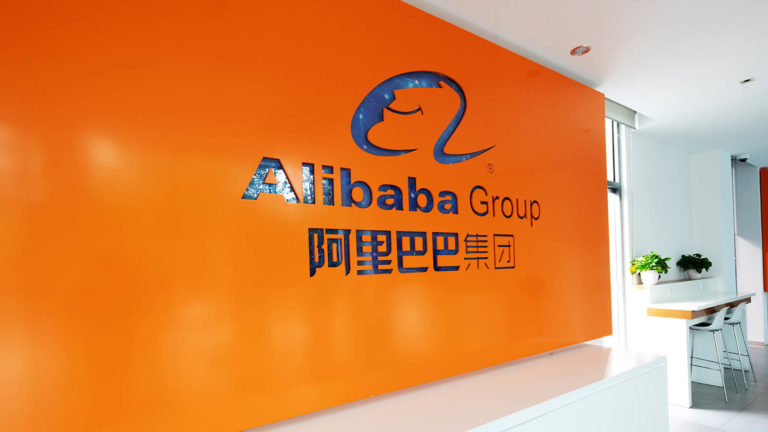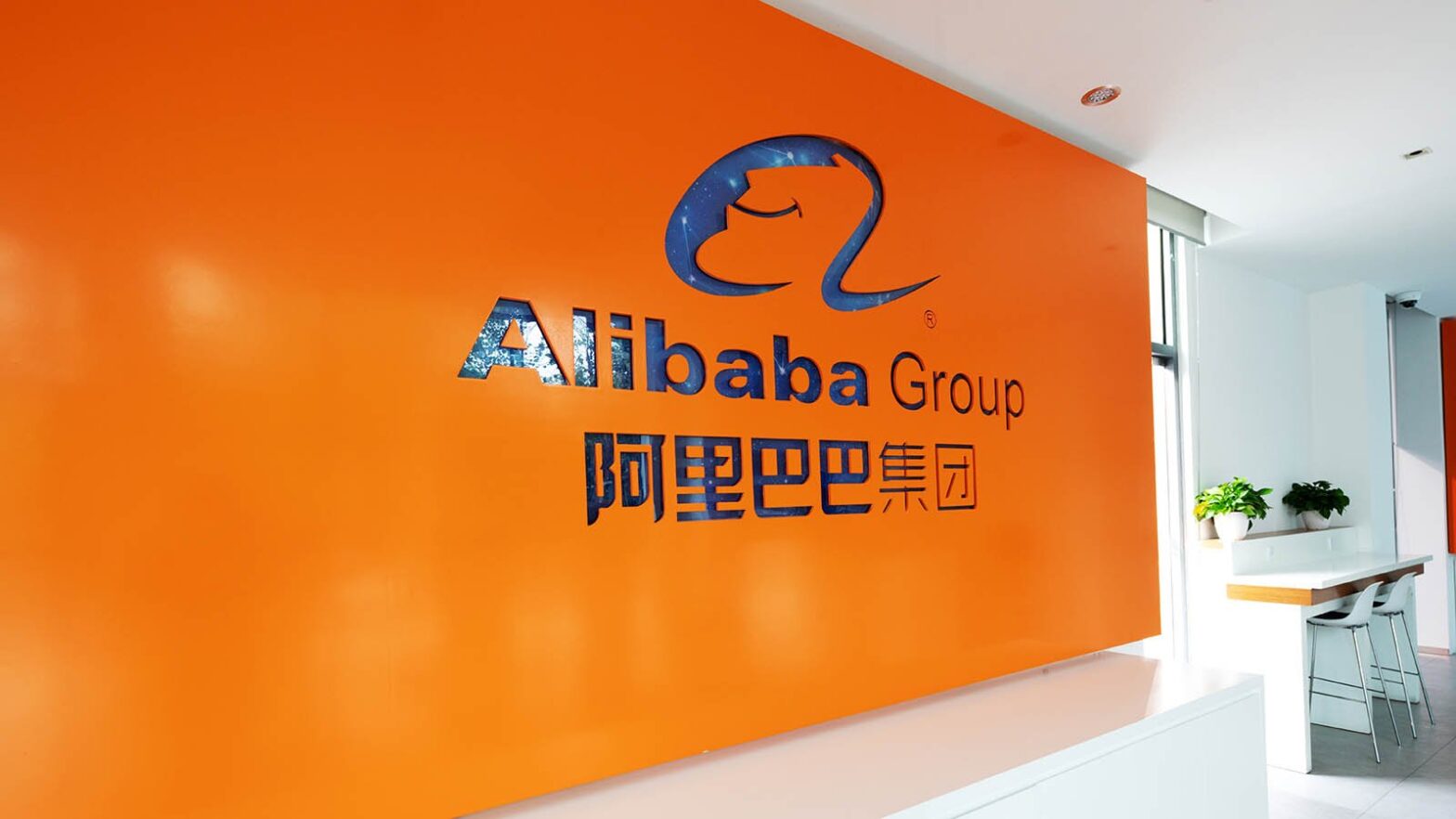
Source: zhu difeng / Shutterstock.com
Back in the last decade, I told anyone who would listen about the great news of Alibaba stock (NASDAQ:BABA). I even bought some shares.
Alibaba was one of China’s three “Cloud Emperors.” Its hyperscaled data centers, like those of Tencent (OTCMKTS:TCEHY) and Baidu (NASDAQ:BIDU), were serious threats to Amazon (NASDAQ:AMZN), Microsoft (NASDAQ:MSFT), and Alphabet (NASDAQ:GOOGL, NASDAQ:GOOG) in the cloud.
Now Alibaba stock is down 60% from 5 years ago and I wouldn’t touch it with a barge pole. It’s a story America and its tech investors should be very glad for.
The Empire Strikes Back
Chinese dictator Xi Jinping decided that technology was a threat to his regime. He cracked down on the industry in favor of car companies like Nio (NYSE:NIO). A manufacturing workforce is a compliant one. Tech workers ask questions.
Some of Xi’s actions might be applauded by American liberals. Higher taxes, an end to monopoly, and taking responsibility for what’s online are common political demands here. But Xi went further, demanding that technology serve him, not the market and not the people.
The result was predictable. I would have predicted it if I thought Xi really would kill his economy to retain absolute power. I was wrong. In this case, American conservatives were right.
The three years since the crackdown haven’t just cost China $1.1 trillion in market cap. They’ve let America lap China’s whole economy. China has missed the AI boom because, like all tech innovations, AI rides on the minds of empowered talent. Freedom is the price of competing in technology. If you want people to think differently you first must allow them to think freely.
Ma Comes Back
In the crackdown, Alibaba co-founder Jack Ma was Xi’s bete noir. Once China’s wealthiest man, Ma was driven from the country, eventually taking a position with Tokyo University.
Ma still visits China. He’s still a name. The stock jumped just this week after he praised the company’s reorganization. To hide itself from Xi’s wrath, Alibaba is splitting itself into six pieces. But even Alibaba insiders weren’t fooled. CEO Daniel Zhang quit.
Ma’s remarks praising management gave Alibaba stock a brief boost. But the stock is flat for 2024, down 26% over the last year. The company is not what it was. Even in e-commerce, Alibaba is being lapped by Pinduoduo (NASDAQ:PDD), whose Temu site offers cheap, customized goods from a network of online sweatshops.
Alibaba is distracted by the government and its internal turmoil. It is missing the entrepreneurship that once made it great. Sales for 2023 were down from 2022. Profit growth has stalled, and the company has missed several profit estimates.
Ma wants Alibaba to “grasp the opportunity of AI,” focusing their efforts on customers. Mistakes were made, he says, but Alibaba is now more “simple and agile.”
Fine words, but China’s smartest people aren’t fooled. They’re voting against Xi with their feet, taking their talent and money with them.
The Bottom Line
The gating factor to growth in our time isn’t resources like oil, or simple manufacturing prowess, as it was a century ago.
It’s people. Trained, empowered, and free minds are the gating factor to growth today. The more talent you can attract, and the more security you can give them, in their work and in their life, the more money you can make.
Alibaba stock can’t deliver that because Xi Jinping won’t let it. American policymakers are fighting a tariff war, seeking to limit China’s access to AI chips. But that isn’t why we’re winning this Cold War.
Freedom is what’s winning this Cold War. Xi won’t allow it, Ma can’t grant it, and Alibaba is stuck as a result.
On the date of publication, Dana Blankenhorn held LONG positions in AMZN, MSFT, and GOOGL. The opinions expressed in this article are those of the writer, subject to the InvestorPlace.com Publishing Guidelines.
Dana Blankenhorn has been a financial and technology journalist since 1978. He is the author of Technology’s Big Bang: Yesterday, Today and Tomorrow with Moore’s Law, available at the Amazon Kindle store. Write him at danablankenhorn@gmail.com, tweet him at @danablankenhorn, or subscribe to his free Substack newsletter.

